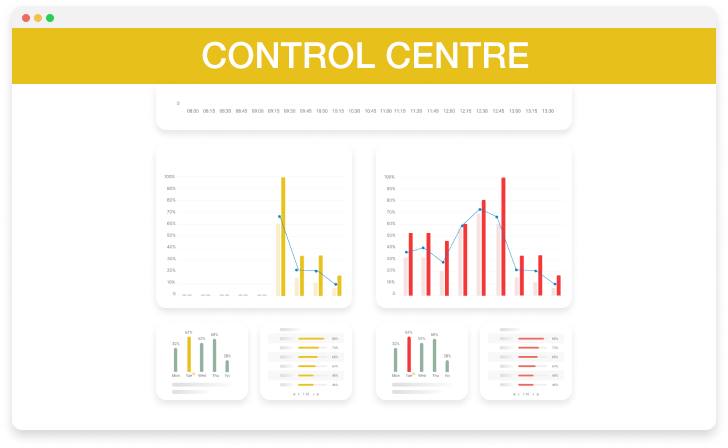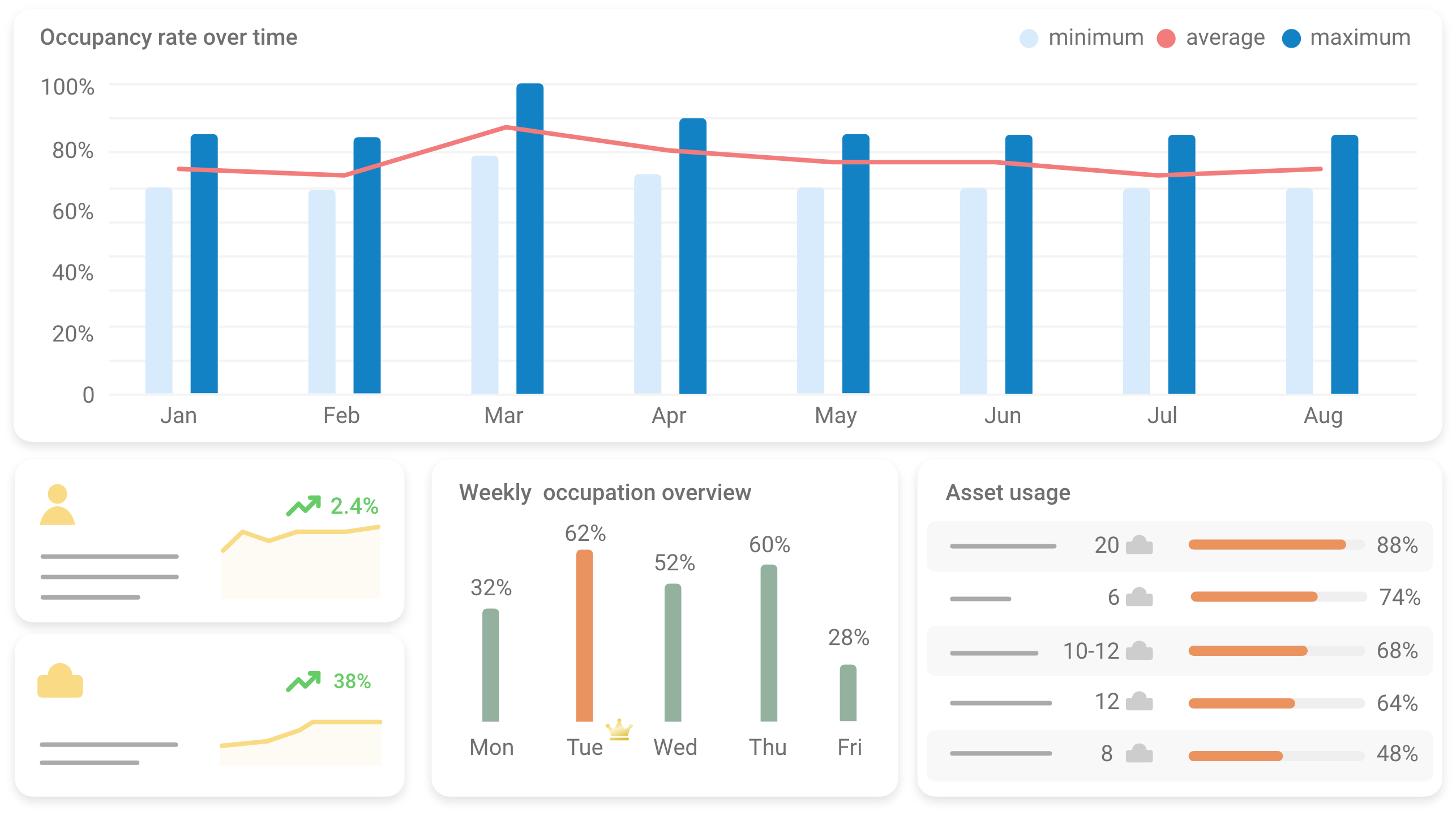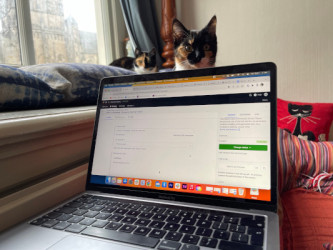The pandemic turned the workplace upside down, pushing most organisations into remote and hybrid work overnight. But here’s the catch: 3 out of 4 workers say their employers never provided the training to help them navigate this new world, according to a recent report by TechSmith, Global Workplace Analytics, and Caryatid Workplace Consultancy.
Five years ago, only 5% of employees had the option to work remotely. Now, 58% do at least some of the time. Yet most employers haven’t updated their practices to match this shift, leaving employees—especially managers—struggling to lead distributed teams and set clear communication norms. It’s no surprise that flexible work arrangements often fail without proper support.
1. The generational divide and managerial blind spots
Access to flexible work often depends on your role and age. Individual contributors tend to have more freedom than managers, and baby boomers have more control over their schedules than Gen Z workers. Meanwhile, some managers think they’re doing a great job leading multigenerational hybrid teams, studies show they often miss the mark. This disconnect can impact everything from employee engagement to retention.
2. The fix: Training, communication, and inclusion
To succeed in a hybrid world, companies need to invest in proper training. This includes:
Leadership training to help managers lead distributed teams and ensure remote workers aren’t left out.
Clear communication norms for team meetings and collaboration, no matter where employees are working.
Inclusion strategies that ensure remote workers get the recognition and career opportunities they deserve.
Hybrid work isn’t going anywhere, but without proper training, many organisations risk falling behind. It’s time to step up and make flexible work, work.























